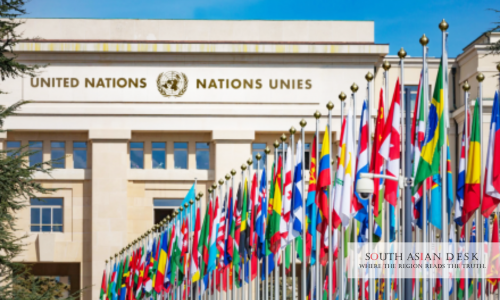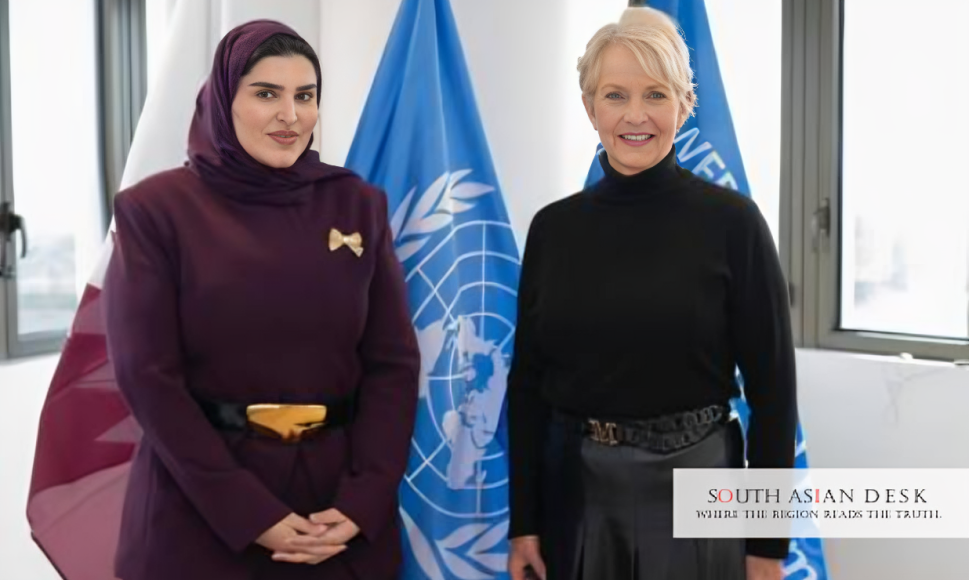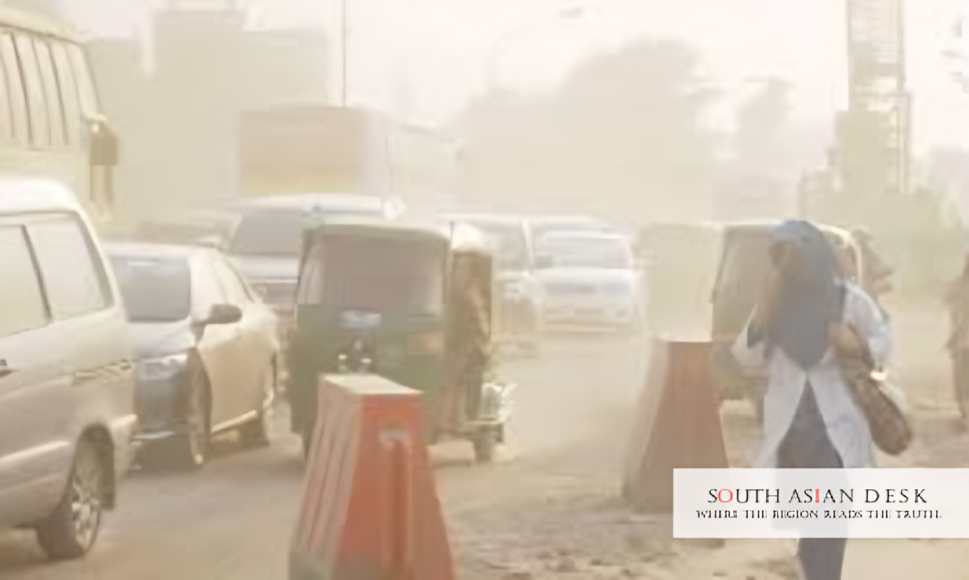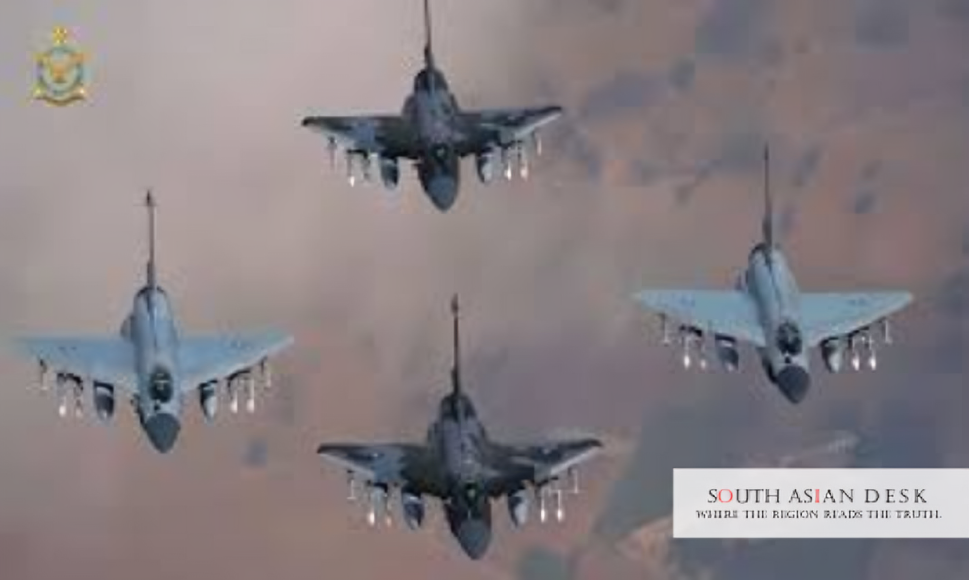Kabul, October 24, 2025: On UN Day 2025, the United Nations Assistance Mission in Afghanistan (UNAMA) launched a direct appeal for Afghanistan, seeking a renewed international commitment amid a humanitarian emergency affecting 22.9 million people.
The appeal, timed with the UN’s 80th founding anniversary, highlights declining donor funds and escalating restrictions under Taliban rule. UN Secretary-General António Guterres reinforced the call in his message, stating that the world must recommit to problems that no nation can solve alone. UNAMA Acting Head Georgette Gagnon echoed this, noting Afghanistan’s path to stability demands collective action.
Global Support for Afghanistan Crisis Intensifies
Afghanistan grapples with a complex crisis four years after the Taliban’s return. UN data indicate that 22.9 million people, nearly half the population, will require humanitarian aid in 2025. This includes access to food, healthcare, and clean water, which are strained by climate shocks such as droughts and floods.
Donor funding dropped sharply this year. UN agencies delivered USD 189 million in medium-term support in 2024, aiding over 3 million returnees. But 2025 funding shortfalls scaled back efforts, leaving gaps in housing and livelihoods. Over 1 million Afghans returned from Pakistan and Iran, overwhelming border regions.
In South Asia, the influx pressures neighbours. Pakistan hosts 1.3 million registered Afghan refugees, with deportations rising. India faces similar border strains, which impact trade routes worth approximately USD 1 billion annually. The crisis risks spillover, fueling instability and migration waves.
UNAMA’s statement reaffirms the UN’s role in peace support and rights advocacy. “For decades, the United Nations has stood alongside the people of Afghanistan through times of progress and adversity,” it reads. From institution-building to life-saving aid, the mission coordinates efforts despite challenges.
Guterres, in his UN Day message, warned of escalating conflicts and climate chaos. “Now, more than ever, the world must recommit to solving problems no nation can solve alone,” he said. This aligns with UNAMA’s push for multilateralism.
UNAMA Call for Afghan Aid Renewal Gains Urgency
UNAMA calls for the immediate renewal of aid to counter the decline in funding. The mission engages stakeholders for inclusive governance and rights protection. Restrictions on women and girls worsen the outlook, banning secondary education for girls and limiting employment.
Gagnon stated: “This 80th anniversary reminds us of the power and necessity of multilateralism and collective action. Afghanistan’s path to stability and sustainable development cannot be walked alone.” She urged regional cooperation to address overlapping crises.
Deputy UNAMA chief Indrika Ratwatte added: “On this UN Day, we honour the resilience of Afghans and the dedication of humanitarian workers. We call on the international community to renew its support and solidarity.”
The Taliban’s all-male, single-ethnic cabinet bans political parties, per reports. This isolates Afghanistan, hindering economic recovery. UNAMA’s Security Council mandate, extended to March 2025, focuses on human rights monitoring and aid coordination.
Humanitarian partners reached 400,000 returnees with emergency aid last year. Yet, global priorities shifted, resulting in reduced funds. UNAMA warns that without renewal, services collapse, deepening poverty.
International Solidarity Afghanistan UN Day Focus
UN Day 2025 spotlights the international solidarity Afghanistan needs. The UN’s charter opens with “We the peoples,” a promise Guterres says spans borders and inspires generations. For 80 years, the organisation forged peace and advanced rights.
In Afghanistan, UNAMA maps an extensive reach, from recovery support to resilience building. A pre-UN Day post from UNAMA detailed operations across provinces, highlighting efforts to support sustainable development.
South Asian nations watch closely. Pakistan’s PKR 500 million aid pledge last year aided refugees, but deportations strain ties. India calls for UN-led dialogue on Taliban policies. Regional forums like SAARC could amplify the appeal.
The crisis ties to broader goals. UNAMA promotes equality for women and girls, vital for progress. Restrictions undermine the future, as Gagnon notes. Lifting bans on education and public life remains key.
Climate impacts compound needs. Floods displaced thousands; droughts hit food security. UN partners provide water and sanitation to 21 million people lacking access.
Background: UN’s Enduring Role in Afghanistan
The UN entered Afghanistan in 2001 for post-conflict reconstruction. UNAMA, established in 2002, coordinates aid and diplomacy. Its mandate evolved to address Taliban rule, focusing on principled engagement.
Over the decades, the UN delivered aid during wars and transitions. Today, it navigates restrictions while providing essentials. The 2025 appeal builds on this legacy, seeking USD 3.1 billion for the response plan, with only 20% of the funding secured to date.
Guterres’ message ties global challenges to local plights. “Let’s show the world what is possible when ‘we the peoples’ choose to act as one,” he urged.
What’s Next: Pathways to Renewed Engagement
Donors meet in November for funding talks. UNAMA advocates for comprehensive diplomatic efforts, including the resumption of the Doha talks. Regional pacts could ease returns and boost trade.
Success hinges on solidarity. Without it, the crisis escalates, per Ratwatte: “The United Nations will continue to stand with the Afghan people, today, tomorrow, and into the future.”
The UN Day 2025 UNAMA Afghanistan appeal marks a pivotal moment. It demands action to avert collapse, fostering hope for stability.
Published in SouthAsianDesk, October 24th, 2025
Follow SouthAsianDesk on X, Instagram, and Facebook for insights on business and current affairs from across South Asia.






